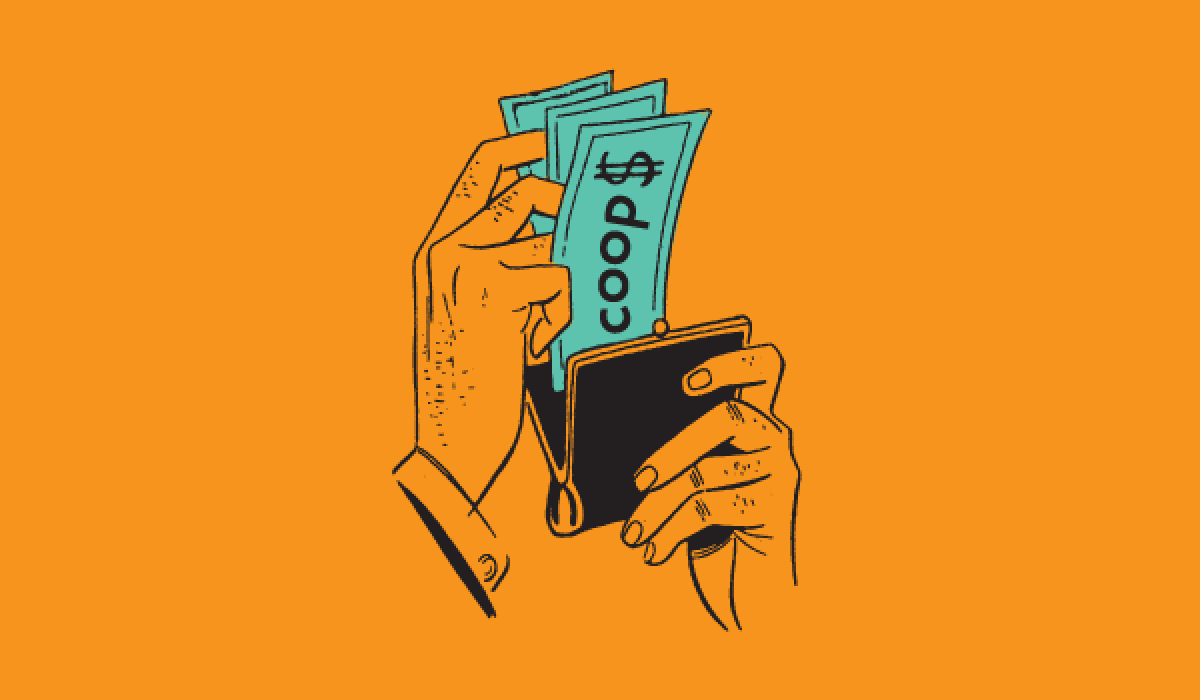Creating a co-operative pound
How should co-operatives finance growth? It is one of the biggest questions facing co-operative businesses today. Not all co-operatives want to grow. But when they do – particularly when a co-operative wants to expand quickly – there is challenge. Congress 2015 is a step towards the UK co-operative sector providing its own answers to the finance debate. We’ve joined the ‘Co-operation: Now!’ finance debate with our idea for creating a co-operative pound:
Towns and cities throughout the world are developing local currencies to keep spending within their local area. Often supported by local authorities, goods and services can be purchased with a local currency and workers be paid in that local currency. The Austrian village of Langenegg issues its own Talente currency and Mayor Georg Moosbrugger sums it up when he says:
Wherever the money rolls, there it has an effect. Local money doesn’t roll very far and so it can get to work in my area.
Hundreds of local currency schemes are in operation throughout Africa, Asia, Australasia, Europe and North and South America. In the UK we have the Bristol Pound, the Brixton Pound, Calderdale Green Currency, the Eko issued in the Findhorn Ecovillage, the Lewes Pound, the Stroud Pound and the Totnes pound. Many other towns and cities are planning a local currency. After 2 years the Bristol£ was worth over half a million to the local economy and recent research has shown that the Bristol£ has a beneficial effect on both social and community bonds by shaping interactions, feelings of trust and how users feel about the bonds they hold with their co-users.
The Co-operative movement’s adherence to its 7 principles continues to strengthen the movement. Principle 6 – Co-operation among Co-operatives – could be effectively achieved with a Co-operative pound (Coop£) that, rather than for trading within a locality, would be used for trading with and between co-ops. The Coop£ would commit individuals and co-ops to spend and trade with other coops keeping finance within the movement.
Coop£s will be purchased for sterling at a rate of one Coop£1 to £1 sterling. There would need to be an electronic means of exchanging funds and possibly paper money. They would only be available to spend with co-ops.
Co-operatives will have Coop£ business accounts and be able to accept and pay with the Coop£ as Essential Trading Coop do with the Bristol£. Individuals could demonstrate support by having personal Coop£ accounts to pay for goods and services from co-ops. A few details will need sorting out such as finding a bank to operate the Coop£ accounts so I suppose the pitch to congress would be for the feasibility of a Coop£ to be explored.
Read more ideas – and pitch your own – at www.uk.coop/congress/thefinancedebate >>>>
Co-operative & Community Finance will be at Co-operative Congress in Birmingham on Saturday 27 June 2015. Visit us at Stand 2.

